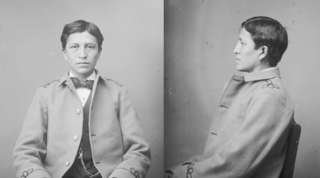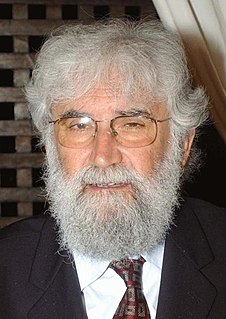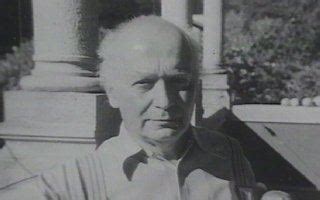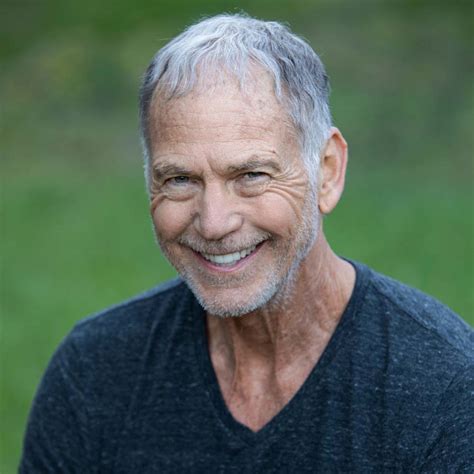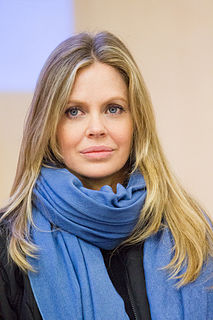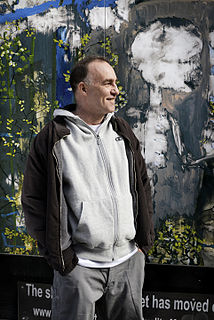A Quote by Suzy Kassem
A wealth of knowledge is openly accessible in nature. Our ancestors knew this and embraced the natural cures found in the bosoms of the earth. Their classroom was nature. They studied the lessons to be learned from animals, knowing that much of human behavior can be explained by watching the wild beasts around us. Animals are constantly teaching us things about ourselves and the way of the universe, but most people are too blind to watch and listen.
Quote Topics
About
Accessible
Ancestors
Animals
Around
Beasts
Behavior
Blind
Bosoms
Classroom
Constantly
Cures
Earth
Embraced
Explained
Found
Human
Human Behavior
Knew
Knowing
Knowledge
Learned
Lessons
Lessons To Be Learned
Listen
Most
Much
Natural
Nature
Openly
Our
Ourselves
People
Studied
Teaching
Things
Too
Universe
Us
Watch
Watching
Way
Wealth
Wealth Of Knowledge
Wild
Wild Beast
Wild Beasts
Related Quotes
Only to the white man was nature a "wilderness" and only to him was the land "infested" with "wild" animals and "savage" people. To us it was tame. Earth was bountiful and we were surrounded with the blessings of the Great Mystery. Not until the hairy man from the east came and with brutal frenzy heaped injustices upon us and the families that we loved was it "wild" for us. When the very animals of the forest began fleeing from his approach, then it was that for us the "Wild West" began.
The history of the universe and nature is being told to us by the stars, by the Earth, by the uprising and elevation of the mountains, by the animals, the woods and jungles, and by the rivers. Our task is to know how to listen and interpret the messages that are sent to us. The original peoples knew how to read every movement of the clouds, the meaning of the winds, and they knew when violent downpours were coming... We have forgotten all that.
You see this incredible capacity for replication in nature, survival, development, all of these things that are around us all the time in nature that just happen. By comparison, human life is really, really complicated. We're gifted animals, but we are so complicated. Nothing is easy for us, except maybe eating too much.
Study the behavior of animals and you will understand human psychology and sociology. Study a flower excited under sunlight, and you will understand how all living things respond to light. The Almighty has provided everything in nature. Observe nature and you will grow. The cures of all illnesses are found in nature in the shapes of the body parts they were created to cure.
Many things that human words have upset are set at rest again by the
silence of animals. Animals move through the world like a caravan of
silence. A whole world, that of nature and that of animals, is filled
with silence. Nature and animals seem like protuberances of silence.
The silence of animals and the silence of nature would not be so great
and noble if it were merely a failure of language to materialize.
Silence has been entrusted to the animals and to nature as something
created for its own sake.
We humans are in such a strange position—we are still animals whose behavior reflects that of our ancestors, yet we are unique—unlike any other animal on earth. Our distinctiveness separates us and makes it easy to forget where we came from. Perhaps dogs help us remember the depth of our roots, reminding us—the animals at the other end of the leash—that we may be special, but we are not alone. No wonder we call them our best friends.
If people knew how badly animals were treated in today's factory farms, if people knew how completely confined and immobilized these creatures are for their entire lives, if people knew how severe and unrelenting is the cruelty these animals are forced to endure, there would be change. If people knew. But too many of us choose to look the other way, to keep the veil in place, to remain unconscious and caught in the cultural trance. That way we are more comfortable. That way is convenient. That way we don' t have to risk too much. This is how we keep ourselves asleep.
Humans — who enslave, castrate, experiment on, and fillet other animals — have had an understandable penchant for pretending animals do not feel pain. A sharp distinction between humans and 'animals' is essential if we are to bend them to our will, make them work for us, wear them, eat them — without any disquieting tinges of guilt or regret. It is unseemly of us, who often behave so unfeelingly toward other animals, to contend that only humans can suffer. The behavior of other animals renders such pretensions specious. They are just too much like us.
We have simply arrived too late in the history of the universe to see this primordial simplicity easily... But although the symmetries are hidden from us, we can sense that they are latent in nature, governing everything about us. That's the most exciting idea I know: that nature is much simpler than it looks. Nothing makes me more hopeful that our generation of human beings may actually hold the key to the universe in our hands - that perhaps in our lifetimes we may be able to tell why all of what we see in this immense universe of galaxies and particles is logically inevitable.
To our way of thinking the Indians' symbol is the circle, the hoop. Nature wants to be round. The bodies of human beings and animals have no corners. With us, the circle stands for togetherness of people who sit with one another around the campfire, relatives and friends united in peace while the sacred pipe passes from hand to hand. To us this is beautiful and fitting, symbol and reality at the same time, expressing the harmony of life and nature.
We don’t like to think of ourselves as prey—it is a lessening thought—but the truth is that in our arrogance and so-called knowledge we forget that we are not unique. We are part of nature as much as other animals, and some animals—sharks, fever-bearing mosquitoes, wolves and bear, to name but a few—perceive us as a food source, a meat supply, and simply did not get the memo about how humans are superior. It can be shocking, humbling, painful, very edifying and sometimes downright fatal to run into such an animal.
I think the Native Americans had the right idea about preserving and respecting the earth. Not just using it up. We are not the center of the universe and that we think we are will most likely be the end of us. Then nature will go on its way, with humans only being a faint ugly memory. And yes I am fond of animals or most of them.

